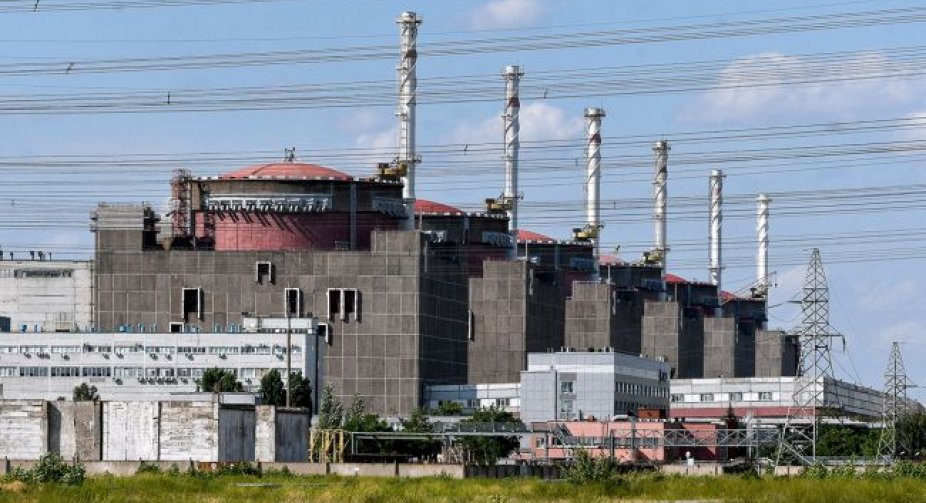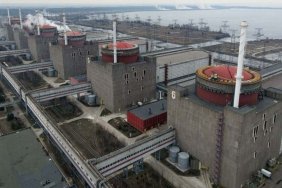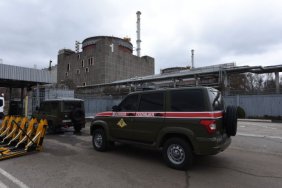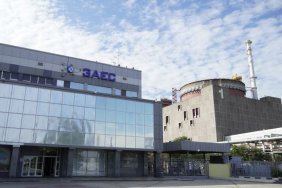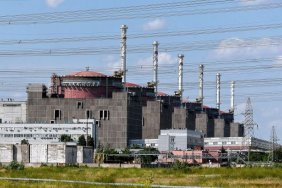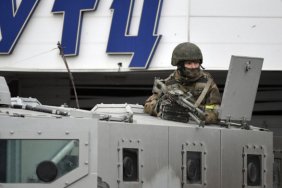The IAEA announced the need to make commitments regarding the safety of the Zaporizhzhya NPP after the plant's sixth blackout due to Russian shelling.
This was stated by IAEA Director General Rafael Grossi.
He noted that around 5:00 a.m. today, the ZNPP completely lost its external power supply when its last 750 kilovolt line was disconnected. At the same time, its only backup line of 330 kilovolts was damaged a few days ago and is being repaired.
As a result, all 20 emergency diesel generators on the site started working. Main power is now provided by 8 of these diesels, while the rest are on standby. Grossi noted that there is enough diesel on site for 15 days of work. Two of the 6 blocks, which were in the hot stop mode, switch to a cold stop.
The Director General of the IAEA emphasized that this is the first time the station has lost power since November 23, 2022. Now Zaporizhzhуa NPP operates on emergency diesels - the last line of defense.
Grossi emphasized that this is already the sixth case when the ZNPР, the largest nuclear power plant in Europe, loses external energy supply and is forced to operate in emergency mode.
"What are we doing? How can we sit here in this room this morning and let this happen? This cannot go on. I am amazed at the complacency - what are we doing to prevent this from happening? We are the IAEA, we are supposed to look after nuclear safety . Every time we roll the dice. And if we let this go on and on, one day our luck will run out," he said.
Grossi urged the IAEA staff to commit to protecting the safety of the nuclear power plant right now.
"We need action. I will continue urgent consultations and contacts," he added.
As a reminder, today due to the Russian attack, the last communication line of the Zaporizhzhya NPP was disconnected, the 5th and 6th power units were put into a cold state. De-energizing the station can lead to a radiation accident.
